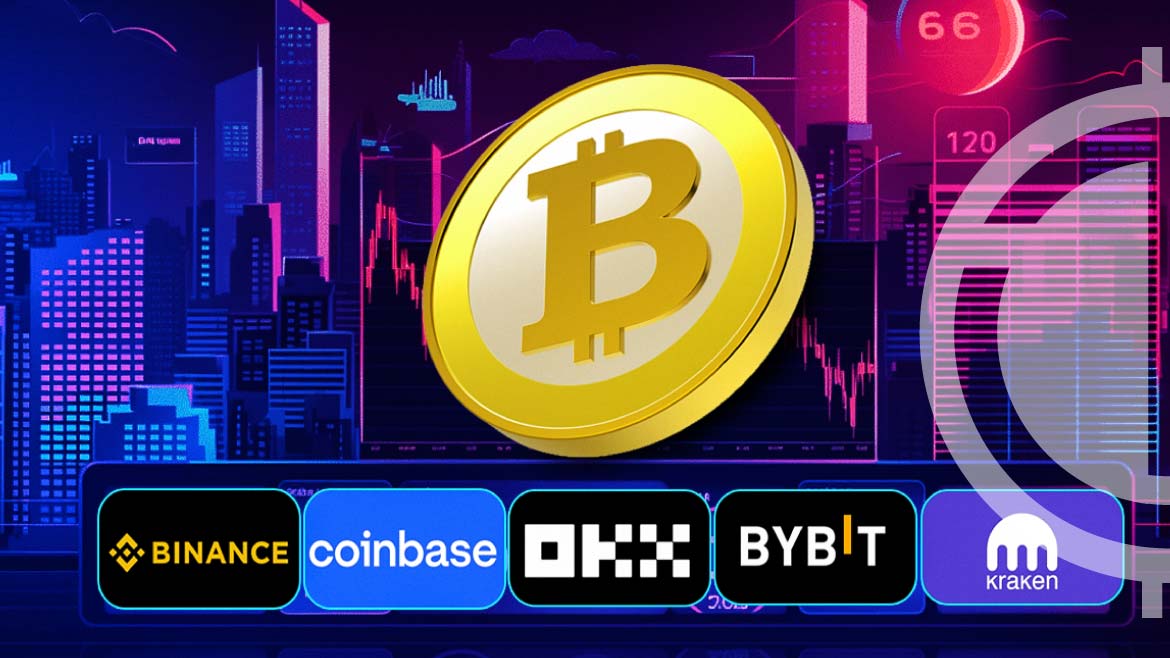
In an unforeseen twist, Binance, the reigning titan of the crypto exchange realm, found itself lagging behind its competitors regarding Bitcoin trading liquidity during Monday’s turbulent market fluctuations. Renowned crypto analyst Riyad Carey revealed this information through X post, based on data from Paris-based analytics firm Kaiko.
Binance's ask depth dropped from 100 BTC to 1.2 in just 8 minutes this morning; OKX and Bybit also dipped below 2 BTC while Kraken and Coinbase fared better.
— Riyad Carey (@riyad_carey) October 16, 2023
Took about 45 minutes for liquidity to return to normal, led by Kraken.
Across all exchanges asks dipped below 95 BTC pic.twitter.com/2HHRs9dzuj
Binance experienced a stark plummet in its 0.1% ask depth, a crucial metric indicating buy-side liquidity. This measure tumbled from a substantial 100 BTC ($30,000) to a mere 1.2 BTC ($30,000) as a whirlwind of volatility swept through the market. This surge in activity was sparked by a false report circulating on social media, erroneously claiming the approval of BlackRock’s spot exchange-traded fund (ETF). Bitcoin witnessed a rapid 7.5% surge to $30,000 in a knee-jerk reaction, only to relinquish these gains once BlackRock officially refuted the report.
The 0.1% ask depth pertains to the outstanding purchase orders within 0.1% of the mid-price, essentially the midpoint between the bid and ask prices. The bid price signifies the value a buyer is prepared to purchase, while the asking price designates the value at which a seller is inclined to sell.
The vitality of bid and ask depth facilitates the seamless execution of sizable buy and sell orders at consistent prices, ultimately minimizing slippage. Slippage encompasses the variance between the anticipated and actual transaction prices.
Meanwhile, OKX and Bybit faced a similar drop, with their 0.1% ask depths falling to an abysmal 2 BTC. The average ask value across major exchanges also dropped below 95 BTC, indicating a widespread decline in available funds.
The consequence of this liquidity decline was particularly severe for some traders, including well-known pseudonymous figures such as exitpump and Omz, who incurred substantial losses due to the high slippage rates. In certain cases, slippage reached as high as 20%, highlighting the dire consequences of insufficient liquidity during extreme volatility.
According to industry experts, Kraken and Coinbase have demonstrated their supremacy in terms of liquidity, leaving other exchanges such as Binance behind. This is illustrated by a chart, which suggests that the market makers on these two platforms are sophisticated and effective in fostering liquidity within an order book. This development is a stark reminder that even titans of the crypto exchange world can face unexpected challenges and that vigilance and adaptability remain paramount in this ever-evolving landscape.














